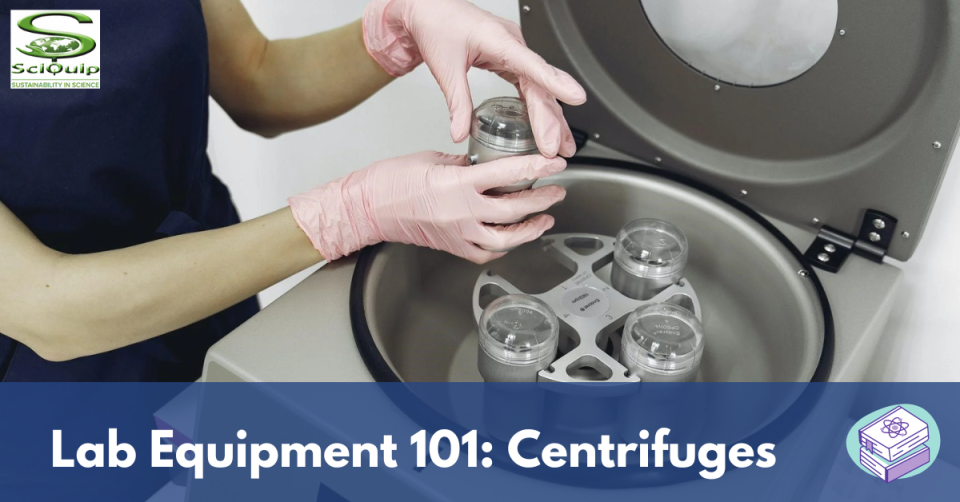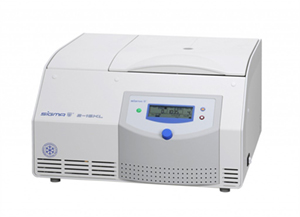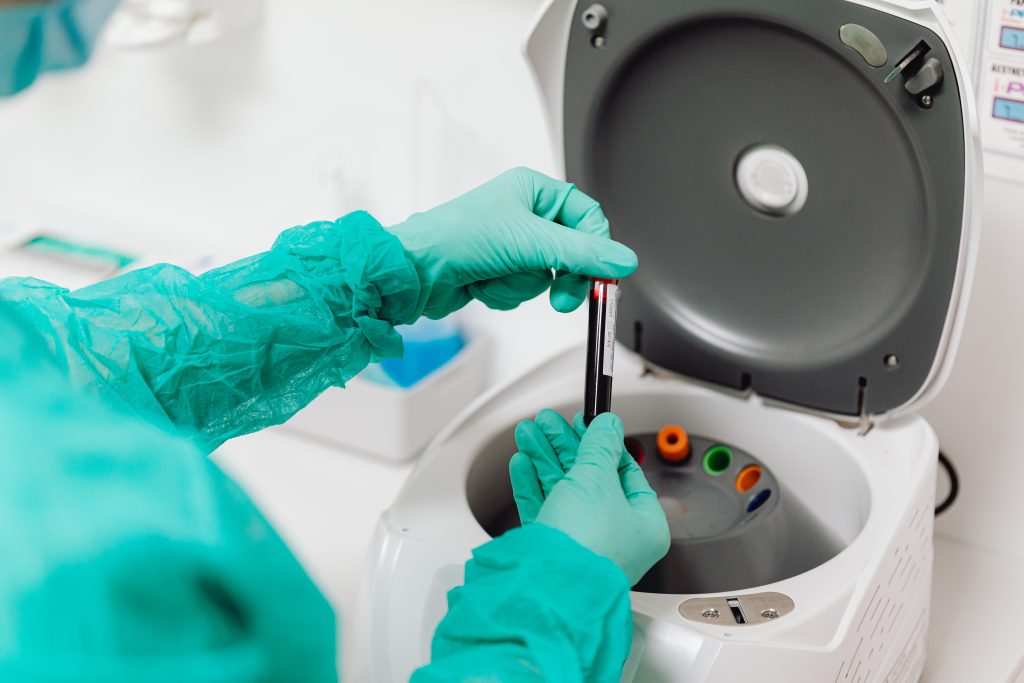
If you work in a laboratory or a medical setting, you've likely heard of a centrifuge. Centrifuges are essential pieces of equipment that play a vital role in separating substances of different densities. In this article, we'll explore what a centrifuge is, what it does, the different types and uses of centrifuges, and how much they cost.
What Is a Centrifuge?
A centrifuge is a laboratory device that uses centrifugal force to separate substances of different densities. It typically consists of a motor-driven rotor, which holds the sample tubes, and a lid that seals the rotor chamber. When the rotor spins at a high speed, the heavier substances are pushed to the bottom of the tube, while the lighter substances move to the top.

What Does A Centrifuge Do?
A centrifuge is used to separate and purify substances in a sample, such as blood, DNA, and proteins. This is achieved through a process called centrifugation, where the sample is placed in a centrifuge and spun at high speeds. The resulting force causes the denser components to settle at the bottom of the tube, while the less dense components remain at the top.
What Is Centrifugation?
Centrifugation is the process of using a centrifuge to separate substances of different densities in a sample. This process is commonly used in research, medical, and industrial settings to purify and isolate specific components of a sample, such as cells, proteins, and viruses.
Types & Uses of Centrifuges
There are several types of centrifuges, including microcentrifuges, benchtop centrifuges, and floor-model centrifuges. Microcentrifuges are used for small volume samples, while benchtop and floor-model centrifuges can handle larger volumes.
Centrifuges are used in a variety of applications, including DNA research, blood banking, protein purification, and pharmaceutical development. They are also used in industrial settings for separating chemicals, oils, and other substances.

How Much Does a Centrifuge Cost?
The cost of a centrifuge can vary greatly depending on its size, type, and capabilities. Microcentrifuges can range from a few hundred to a few thousand pounds, while benchtop and floor-model centrifuges can cost tens of thousands of pounds. It's important to consider your specific needs and budget when selecting a centrifuge for your laboratory or medical setting.
For a reference to the price, check out our compact centrifuges and our floor-standing centrifuges. This should give you a better idea as to how much you can expect to pay for a centrifuge depending on your needs.
Conclusion
In conclusion, centrifuges are essential pieces of equipment in laboratory and medical settings, allowing for the separation and purification of substances in a sample. Understanding the different types and uses of centrifuges, as well as their costs, can help you make an informed decision when selecting a centrifuge for your specific needs.

Certified to ISO9001 & ISO14001


